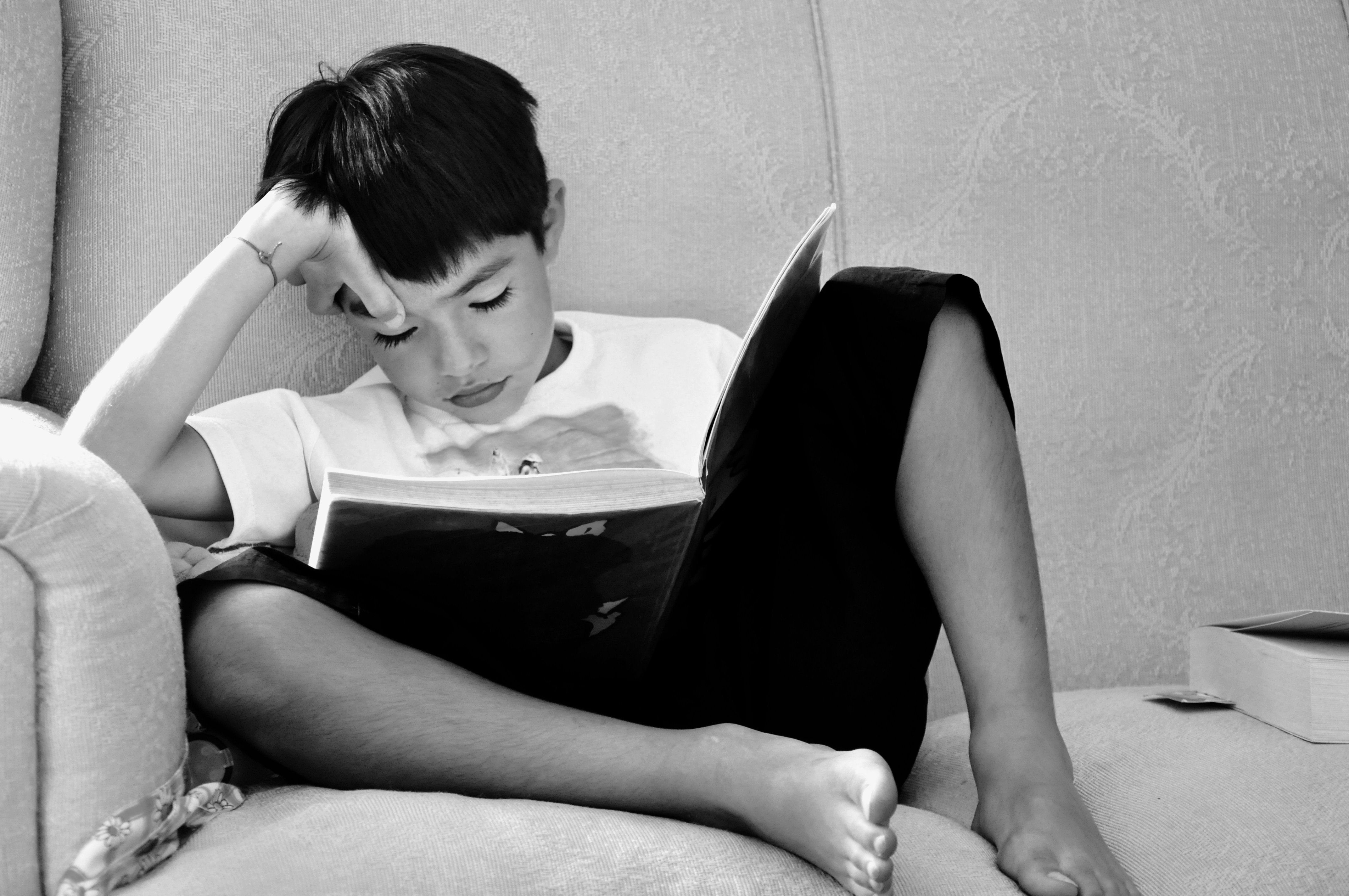Children
Childhood is often not an easy time for children or parents. Kids think, act, processes perceptual and cognitive and emotional information very differently than adults do. Even the strongest of families can experience stress, academic concerns or family problems which can combine to impact a child’s or teenager’s or adult’s ability to cope and many problems that children experience can be beyond a parent’s ability to remedy without professional help.
Some of these problems include attention and organizational problems, separation, divorce and custody issues, disruptive behavior disorders, academic and school problems, bladder and bowel incontinence, bullying, trauma and other conditions.
When addressing child and adolescent issues, the family is often a necessary part of the treatment process. With older children, of course, the family’s involvement becomes more limited. ??Consciously raising kids while balancing the demands of life, work and family relationships is challenging, rigorous, sometimes hilarious, frequently joyful and often puzzling.
Our goal is to help parents and others involved in the lives of children understand what influences and drives behavior and learn what may work to increase more positive behavior and reduce problematic behavior.
What differentiates us is that our approach to clinical, behavioral and therapeutic services takes a Life-Span Developmental approach, and is (w)holistic, family-oriented, and based on positive psychology.
We address all the common and even some not-so-common problem behaviors and psychological issues. As part of that approach, we take a strong stand on the importance of Clinical, Psychological and Neuropsychological Assessments with children. Essentially, a child can be evaluated in every area where an adult can be evaluated using a Clinical, Psychological or Neuropsychological Assessment. But it takes special training to do so, because kids are not little adults and their brains are certainly not like adult brains.

Is The Child Developing? How Well?
While the basic issue with adult assessment usually involves the loss of functioning due to age, illness or accident, the basic issue with assessing children is the development of function. That is, are they acquiring all the skills and abilities that they will need as an adult? And, at what rate are they acquiring them?
Every area of adult functioning can be also evaluated in children and adolescents. Some of the areas where such assessments for children are typically requested are:
• Learning difficulties, delays and disabilities, including a learning disability (LD) or non-verbal learning disability (NVLD)
• Difficulties with social-emotional behavior and understanding
• Development (or the lack of) empathy
• Detection of a disease or perhaps even a genetic problems, such as a birth defect or the effects of alcohol or drugs upon a newborn
• Attention Deficit Hyperactivity Disorder (ADHD)
• Concussion
• Depression
• Traumatic Brain Injury (TBI)
• Effects of bullying
• Physical or sexual abuse
And How Are They Doing At School Or College?
Not only do we conduct a wide variety of assessments, we also provide performance evaluations and treatment recommendations for most academic and school applications, including:
• Attention Deficit Hyperactivity Disorder (ADHD), Learning Disability (LD) & Non-Verbal Learning Disabilities (NVLD).
• Evaluations for 504 and Chapter 766/Special Education.
• Second opinions about parent-school conflicts or behavior issues.
• Developmental Disabilities, such as birth defects, Autism and PDD.
• Functional Behavioral Assessments (FBAs) in the classroom.




